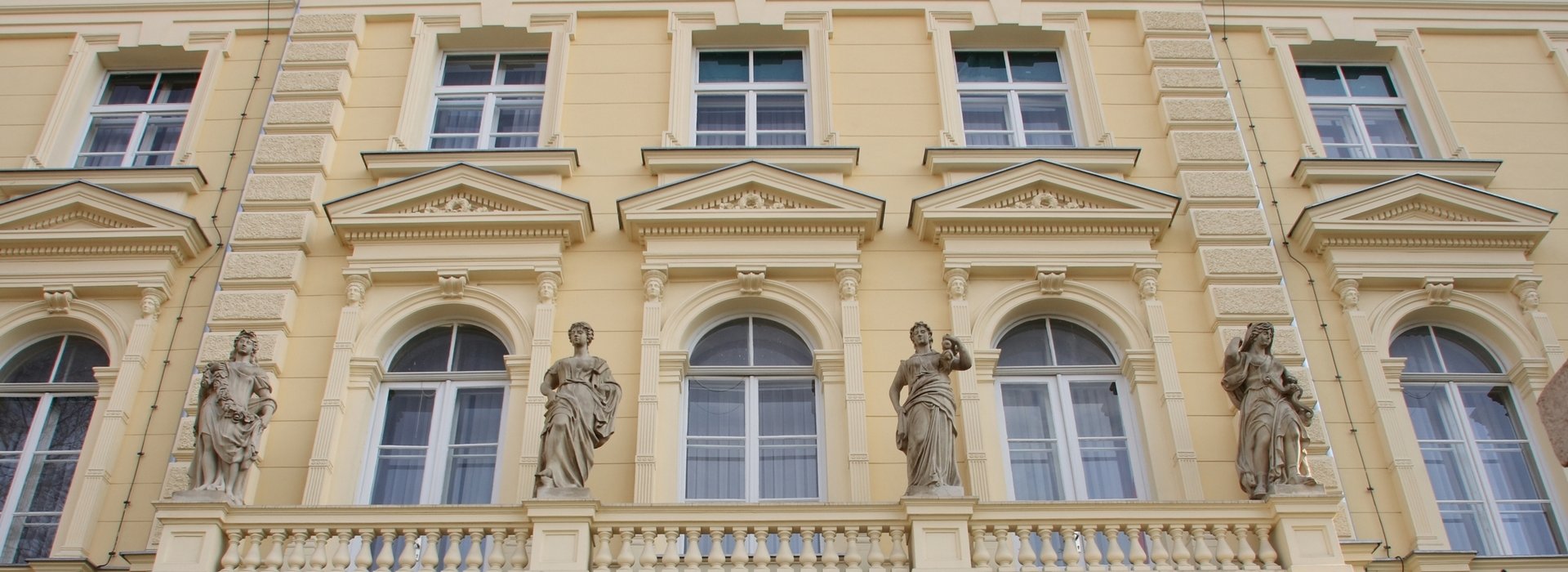

Introduction
Since 1990, Budapest underwent a real construction boom, as new residential estates have popped up like mushrooms in nearly each of its 23 districts. This was fuelled not only by local but international demands too, as many foreign property investors have set their eyes on this uniquely beautiful European capital.
Foreigners, corporate or individual, may invest into Hungarian residential and industrial property alike, but currently not into arable land.
For those looking for a second home in Budapest, or wish to buy no more than 2 pieces of property, the government grants individual licenses; corporate and larger scale investors need to set up a Hungarian-based company with the help of an agency or a law firm.
Where to begin
Property agencies are very much prepared for the special demands of non-local buyers, offering a wide range of services, personal assistance in your native tongue or English. You may either choose to fly to Budapest and deal with the matter personally, or stay at home and put them on a retainer (which you lose if you withdraw from the process on your own accord).
Handling these issues personally is always the recommended option, and it really would not make sense to buy a home, or homes in a city you've never seen.
Best areas to buy a home in Budapest
The Buda Hills are very popular among foreign property investors, as the homes on this side are generally more valuable then across the Danube in Pest. The quickly developing 6th, 7th, 8th, 9th, and 13th districts of Pest, and the most central 5th district. The two encircling boulevards and Andrassy út are very attractive and popular.
The 6th district's main attraction is Andrassy Boulevard, Heroes' Square, the fashionable Oktogon and Liszt Ferenc tér with their cafes and restaurants, a favourite area among foreign tenants.
The 7th district, the traditional Jewish Quarter behind the Great Synagogue, has seen tremendous investment in the past few years, with buildings renovated rapidly and parks cleaned up beautifully.
The 8th and 9th districts are where the universities are located with many foreign students who are looking for flats to rent, especially along the blue metro line.
The 9th and 13th districts have seen a lot of new development projects recently.
The other side of the Danube (Buda) is best for buying land and developing, not so much for "second hand" flats, although the 11th district in Buda resembles Pest the most in this respect.
Property management
Most foreign investors do not actually live in Hungary, so they need a property management firm to take care of everyday business for them, once the property has been purchased.
They prepare the property for rent; do the marketing and advertising to find a proper lessee; sign rental contracts on your behalf; manage and register utility accounts; collect the rent, and take care of repairs and general maintenance. It can be a great convenience for those who don't have time to be involved with these recurring obligations.
Legal background
Since Hungary became a member of the European Union in 2004, EU member citizens may acquire property in Hungary under the same conditions as Hungarian citizens.
There is one important exception: if the buyer is an EU national (but non-Hungarian), and does not wish to permanently reside in the property to be bought, the sale must be approved by the Department of Public Administration (Közigazgatási Hivatal) of the region. Non-EU citizens must get approval for every piece of property they wish to buy.
Prices
Budapest property prices have been on the rise since 1990. The prices are generally higher on the Buda side then on the Pest side in Budapest. The least expensive type of property is the blocks of flats built during the Communist era, but many dislike this form of property, as the maintenance costs are too high and the quality of these flats is too low.
In 2007, the average price of a square metre of residential was HUF 310,000 on the Pest side and HUF 420,000 on the Buda side.
Costs
Stamp Duty
The stamp duty when individuals purchase non-residential property is 10% as a general rule. For used residential property, there are two discounted percentage keys: up to 4 M HUF, the stamp duty is 2% of the property value, and 6% for the part above 4 M HUF.
Newly built residential property is exempt from stamp duty up to the value of 15 M HUF. If the value is between 15 M HUF and 30 M HUF, the stamp duty is 6% for the part above 15 M HUF. If the value of the newly built property is above 30 M HUF, the stamp duty is 6% for the entire amount.
Corporate buyers pay the same stamp duty as individuals, but there are a number of discounts and cost deduction options. For example, property management companies pay only 2% stamp duty on the entire value, if they undertake to re-sell the apartment within 2 years' time of the purchase.
Such companies must be authorized to trade with property; this must be clarified upon the foundation of the company. Also, many costs of such company (for example, the costs of travelling to Hungary) are tax-deductible, as opposed to individual buyers' costs.
Building upon an empty piece of land also greatly reduces the stamp duty. The company or the individual has the choice to undertake to build upon the empty land within 4 years of the purchase. It is important that the land really be free of any construction - not even a ruinous building should stand on it. This issue can be solved by registering for a permission of demolition prior to the date of the land purchase contract.
Lawyers' fees
Hungarian law offices generally charge 0.5% to 1.5% of the purchase price of a property for drafting up the sale agreement.
Costs of company registration in Hungary by type